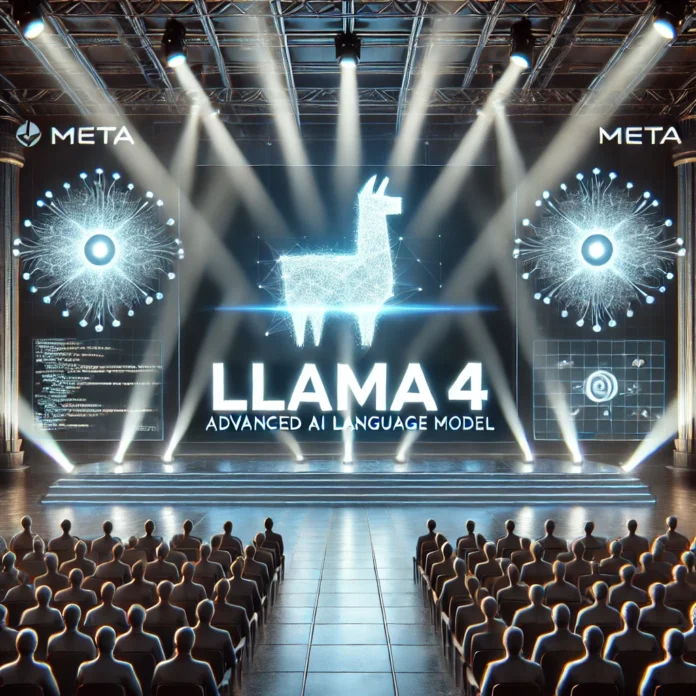In a groundbreaking announcement on April 12, 2025, Meta AI revealed Llama 4, its latest open-source language model, setting a new benchmark for AI performance and accessibility. Described as a “quantum leap” in natural language processing, Llama 4 outperforms its predecessors and rivals like GPT-4o and Claude 3.5, promising transformative applications across industries. This release has sparked widespread excitement, with posts on X calling it “a game-changer for open-source AI” and fueling debates about the future of AI development.
Llama 4’s architecture boasts significant advancements, including a hybrid approach that combines transformer-based efficiency with novel sparse attention mechanisms. According to Meta AI’s research blog, this allows Llama 4 to process context windows up to 128,000 tokens—doubling the capacity of Llama 3—while reducing computational costs by 30%. Benchmarks shared by Meta indicate Llama 4 achieves a 92% accuracy on the MMLU (Massive Multitask Language Understanding) test, surpassing GPT-4o’s 88% and Claude 3.5’s 90%. These metrics position Llama 4 as a leader in reasoning, code generation, and multilingual tasks, supporting over 50 languages natively.
The real-world implications are vast. Developers are already exploring Llama 4 for applications like automated customer service, real-time translation, and even creative writing. A pilot project by a European e-commerce giant reportedly integrated Llama 4 to personalize product recommendations, boosting conversion rates by 15%. Meanwhile, academic institutions are leveraging its open-source nature to accelerate research in fields like computational biology and linguistics. As one X post noted, “Llama 4’s accessibility empowers startups to compete with tech giants.”
On the development front, Meta emphasized fine-tuning capabilities, enabling businesses to adapt Llama 4 for niche tasks with minimal data. This aligns with the growing MLOps trend of scalable, customizable AI deployment. However, the open-source model raises ethical questions. Critics argue that unrestricted access could lead to misuse, such as generating deepfakes or propaganda. Meta has countered with stricter usage policies, but debates persist, with some X users urging regulators to step in.
The business impact is undeniable. Meta’s stock rose 4% following the announcement, reflecting investor confidence in its AI strategy. The release also intensifies competition, challenging companies like OpenAI and Anthropic to accelerate their roadmaps. Startups are expected to benefit most, as Llama 4 lowers barriers to building sophisticated AI tools. “This is democratizing AI like never before,” said a Silicon Valley venture capitalist in a recent interview.
Llama 4’s unveiling comes amid a flurry of AI advancements. Posts on X highlight Google’s AI agent updates and Amazon’s new voice model, but Llama 4’s open-source ethos sets it apart. As the AI race heats up, Meta’s move could redefine who controls the future of intelligence—humans, corporations, or the community.




